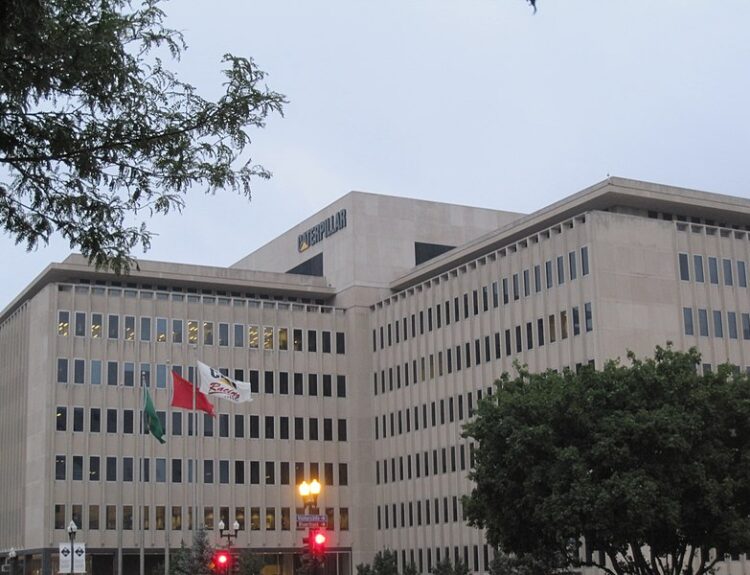New regulations aim to boost EV adoption and domestic supply chain
- U.S. government loosens rules for electric-vehicle tax credits
- More EVs potentially eligible for credits of up to $7,500
- Credits aimed at boosting demand for EVs and reaching Biden administration goal
- Complex rules being phased in to promote domestic EV supply chain
- New regulations target battery components from nations of concern
- Exemption for small amounts of graphite and other minerals until 2027
- Change likely to make more EVs eligible for credits in 2025 and 2026
- China dominates EV battery supply and production
- Sales of electric vehicles grew only 3.3% in Q1 2022
The U.S. government has announced new regulations that loosen some rules governing electric-vehicle tax credits, potentially making more EVs eligible for credits of up to $7,500. The credits are aimed at juicing demand for EVs and reaching the Biden administration’s goal of having half of all new vehicle sales be electric by 2030. The regulations include complex rules to promote the development of a domestic electric-vehicle supply chain, targeting battery components from nations of concern such as China, Russia, North Korea, and Iran. However, after receiving feedback from the auto industry, Treasury officials decided to exempt small amounts of graphite and other minerals from the restriction until 2027. This change is expected to make more EVs eligible for credits in 2025 and 2026. Currently, China dominates crucial parts of the EV battery supply and production, and only a small number of EV models qualify for the full $7,500 credit. Despite the tax credits, sales of electric vehicles grew only 3.3% in the first quarter of 2022, indicating a slower adoption rate than anticipated.
Factuality Level: 7
Factuality Justification: The article provides information about the U.S. government’s changes to electric-vehicle tax credits, including details about the regulations, eligibility criteria, and the impact on the EV market. The article does not contain significant digressions, misleading information, sensationalism, or bias. It presents the facts about the new rules and their implications for automakers and consumers.
Noise Level: 3
Noise Justification: The article provides relevant information about the U.S. government’s loosening of rules governing electric-vehicle tax credits, including details about the credits, requirements, and implications for the industry. It also discusses the challenges and implications of the rule changes, such as the impact on EV sales and the dominance of China in EV battery supply. The article stays on topic and supports its claims with examples and quotes from industry experts. However, the article contains some repetitive information and could benefit from more in-depth analysis of the long-term effects of the rule changes.
Financial Relevance: Yes
Financial Markets Impacted: The article provides information on the U.S. government’s regulations for electric-vehicle tax credits, which can impact the electric vehicle market and automakers.
Presence Of Extreme Event: No
Nature Of Extreme Event: No
Impact Rating Of The Extreme Event: No
Rating Justification: The article discusses changes in regulations for electric-vehicle tax credits, which can have financial implications for the electric vehicle market and automakers. However, there is no mention of an extreme event or its impact.
Key People: John Bozzella (CEO of the Alliance for Automotive Innovation), Janet Yellin (Treasury Secretary)
 www.marketwatch.com
www.marketwatch.com 





